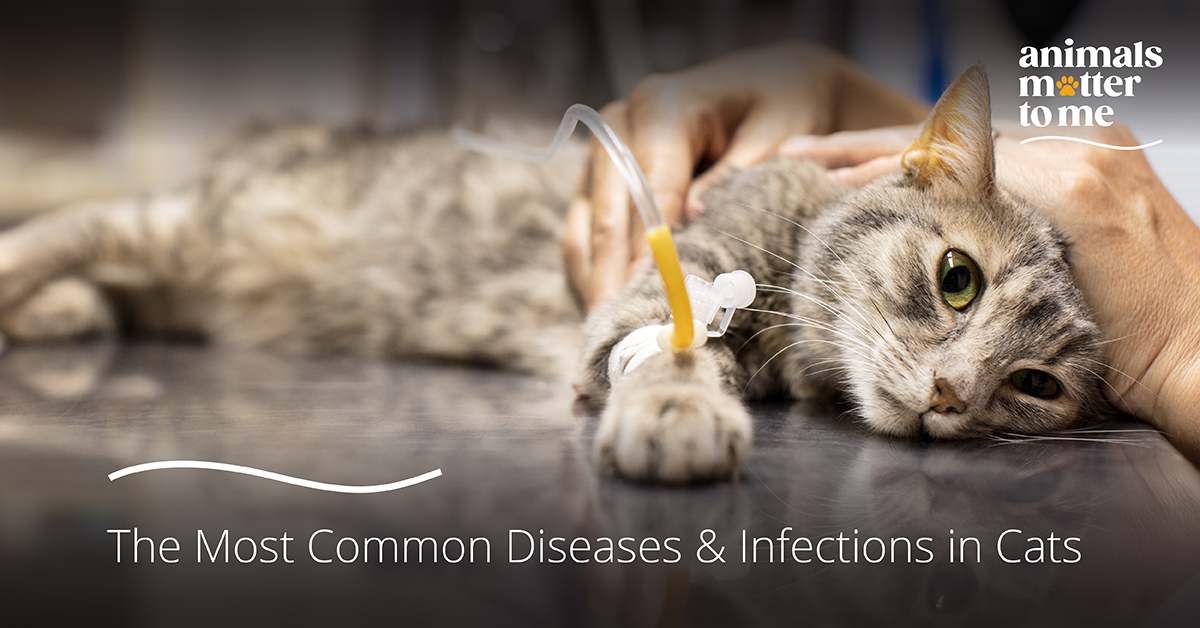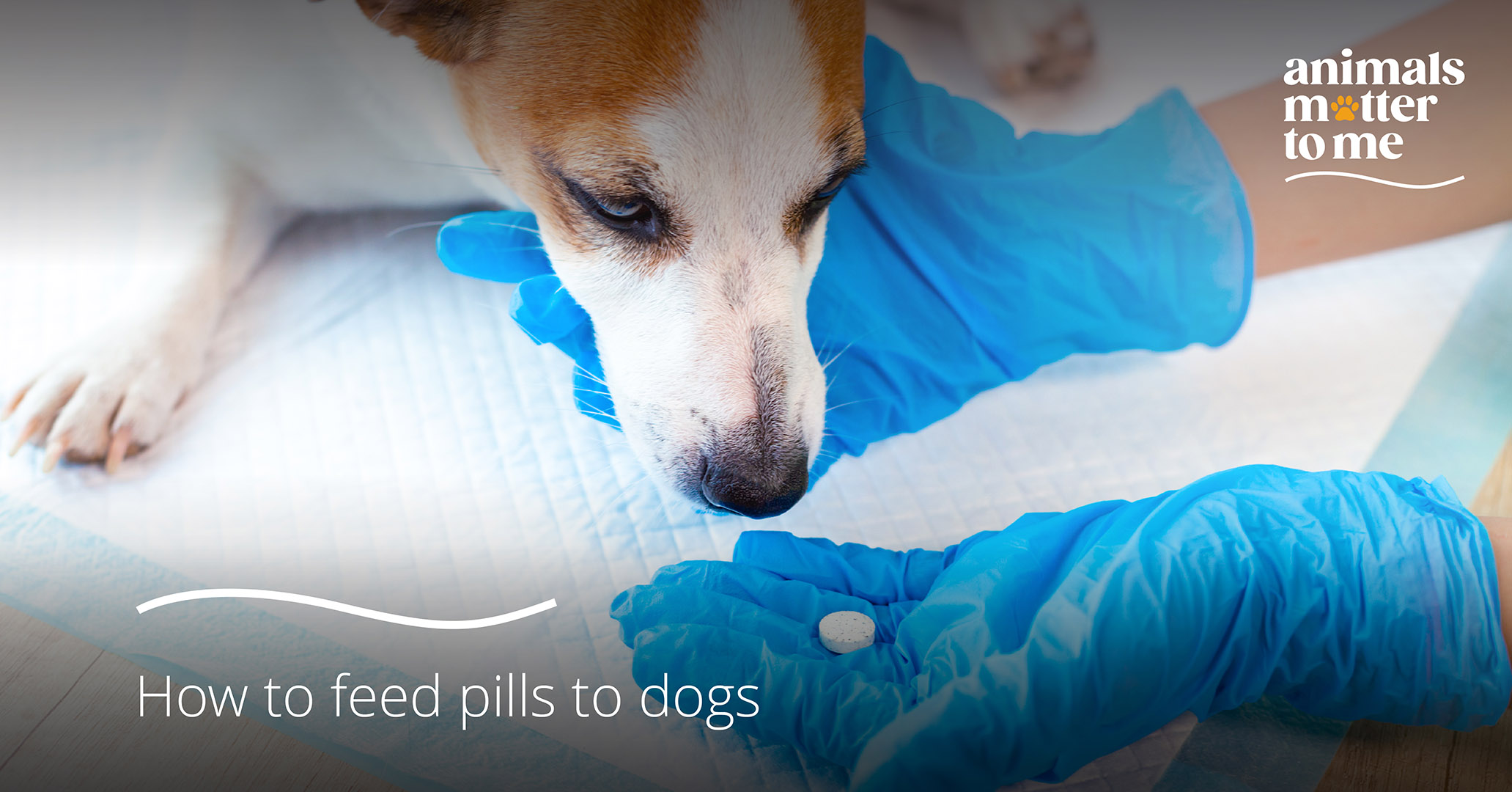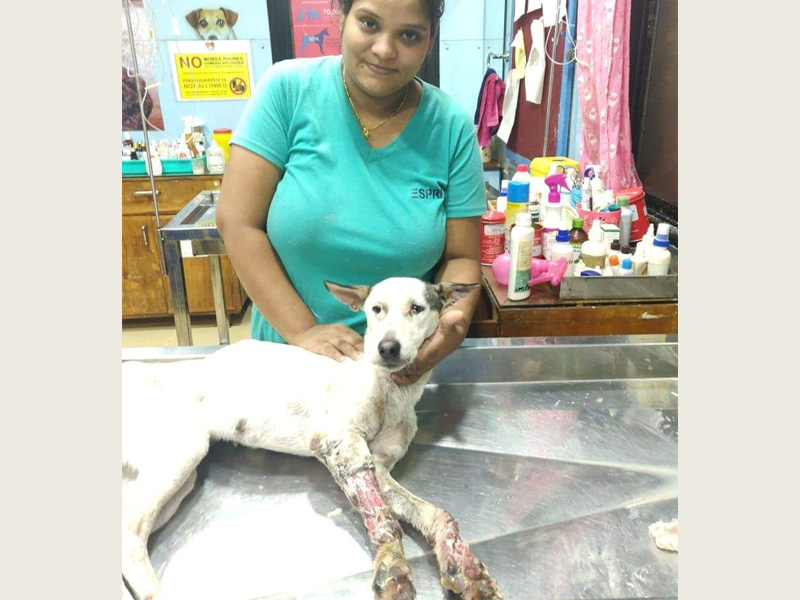Cats are extremely independent and mysterious little creatures that are good at hiding, especially when something is wrong, making it difficult for pet parents to tell if their cats are ill or unwell. That’s why it’s crucial to understand the signs and symptoms of health related problems in cats.
Here are some of the most common diseases and infections that cats suffer from:
1. Feline Immunodeficiency Virus (FIV)
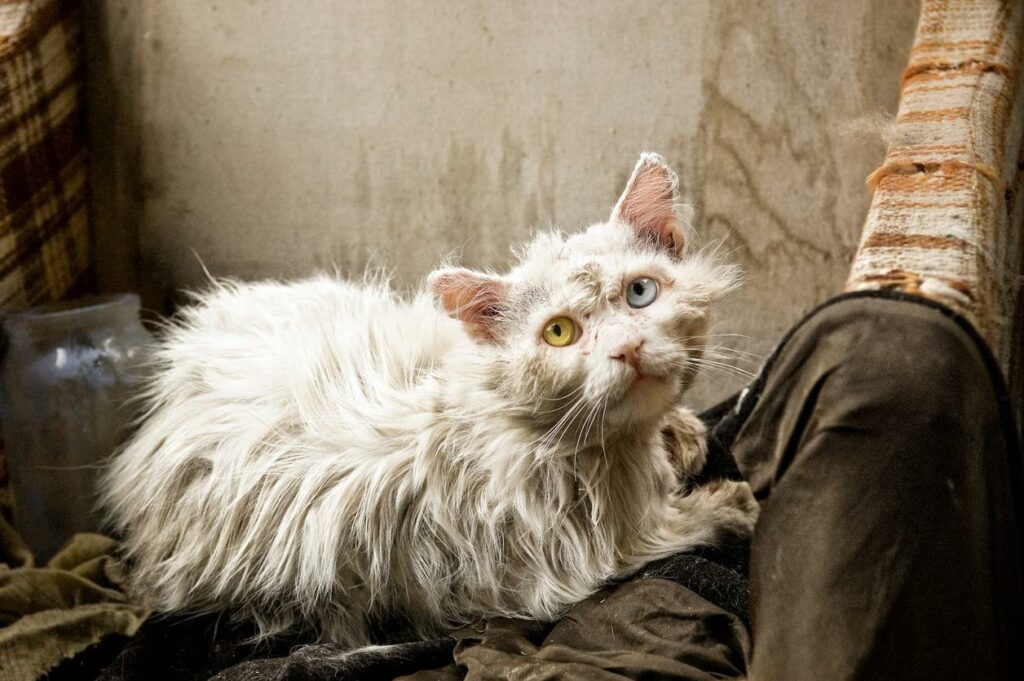
Feline Immunodeficiency Virus (FIV) can be transmitted to cats through contact with bodily fluids and excretions of an infected cat. Similar to HIV in humans, FIV causes immunosuppression, severely compromising a cat’s immune system and its ability to fight infections and other diseases. Therefore, most FIV-positive cats suffer from chronic URIs (upper respiratory infection) and various other secondary infections.
FIV infection can be detected with a blood test. While there is no vaccine or cure for this, infected cats may not show symptoms until years after the initial infection. Cats with FIV can live a relatively comfortable life for months to years if they have access to adequate medical care and a safe environment before the disease reaches its chronic stages.
2. Feline Leukemia Virus
Feline Leukemia (FeLV) is one of the most common infectious diseases in cats and it is much more devastating than FIV. FeLV is a retrovirus that infects cats and can be transmitted from infected cats through saliva or nasal secretions. It usually results in lymphoma, leukemia, and severe anemia in young cats. It weakens the cat’s immune system and can be fatal. Unfortunately, there is no definitive cure for it.
3. Feline Parvovirus (FPV)
Feline Parvovirus (FPV), also known as feline panleukopenia virus or feline distemper, is spread oronasally i.e. through contact with the mouth or nose and causes depression, lethargy, fever, vomiting, and diarrhea.

FPV can be diagnosed through testing of fecal samples. Treatment is primarily supportive care. While most cases are asymptomatic or mild, it can be fatal to kittens.
4. Feline Lower Urinary Tract Diseases
Feline lower urinary tract disease (FLUTD) includes various conditions that can affect a cat’s bladder and urethra. Cats with FLUTD usually show signs of difficulty and pain when urinating, increased frequency of urination, blood in the urine, loss of appetite, vomiting and more.
FLUTD can be life-threatening if ignored, making it crucial that cats get immediate medical attention and treatment.
5. Eye infections
Eye problems are extremely common in cats and can be caused by numerous things including inflammation, conjunctivitis, cataracts, glaucoma, trauma from fights or injuries, viruses, and retinal diseases.
Some of the symptoms include gunk formation in the corner of the eyes, squinting, pawing at the eye, watery eyes, tear-stained fur, cloudiness, and more. It’s best to have a veterinarian diagnose the cause of your cat’s eye infection at the earliest to avoid loss of sight.
6. Parasites
Infections from parasites are extremely common in cats as they can easily get infested with parasites both internally and externally.
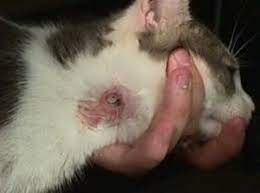
Fleas are a very common external feline health problem, but it can be easily diagnosed and treated with shampoos and medications. Some of the symptoms include constant scratching, redness and irritation, loss of fur, and skin infections.
There are several types of internal parasites that cause problems in cats including roundworms, tapeworms, hookworms and more. Some of the symptoms of internal parasite infections include vomiting, diarrhea, mucoid or bloody feces, loss of appetite, loss of weight, and more.

